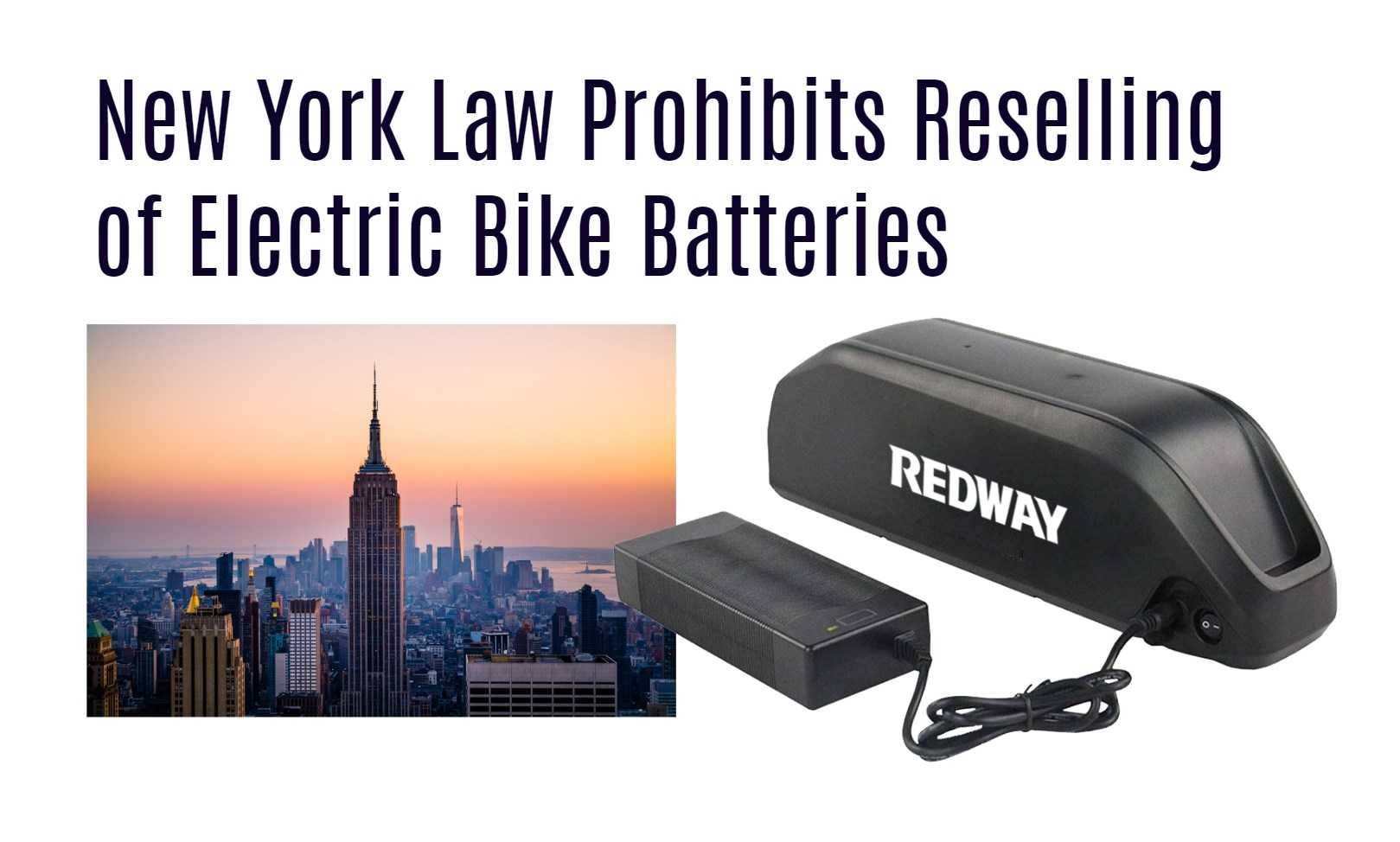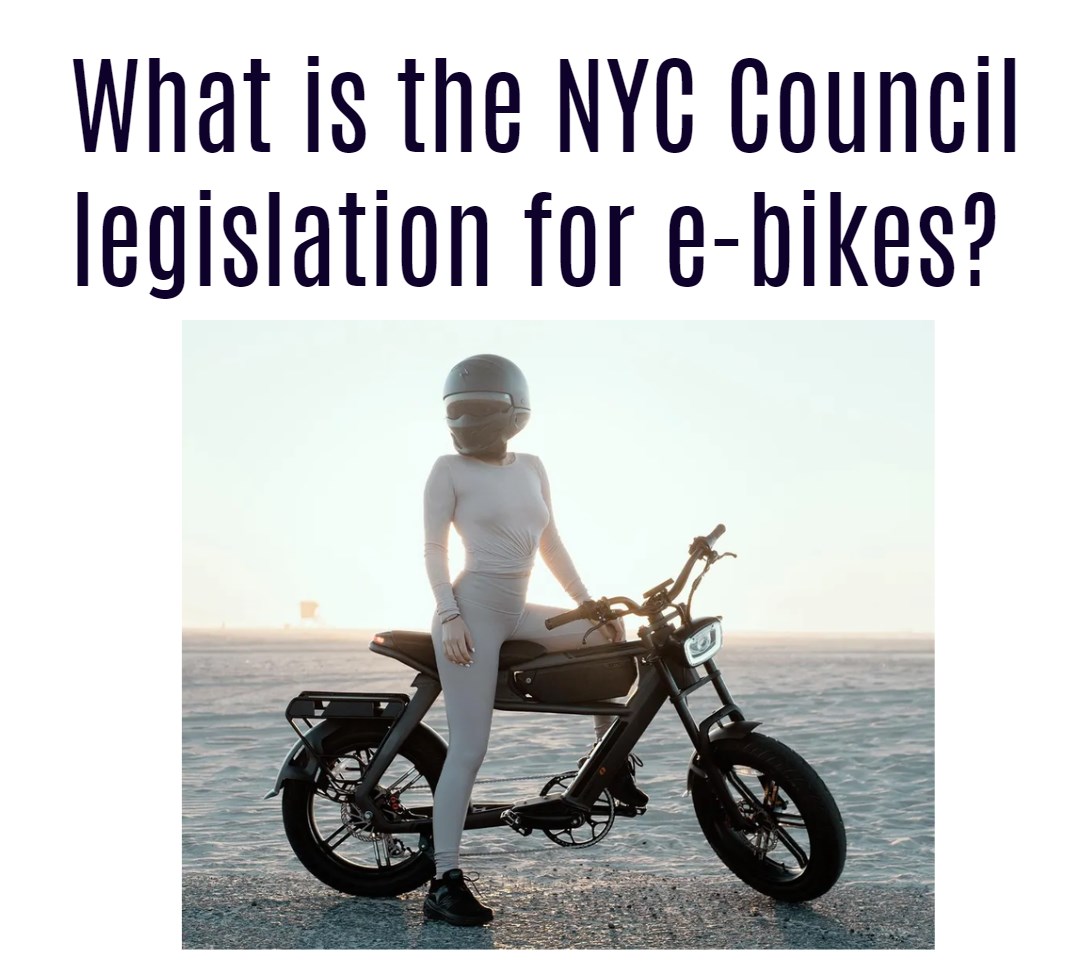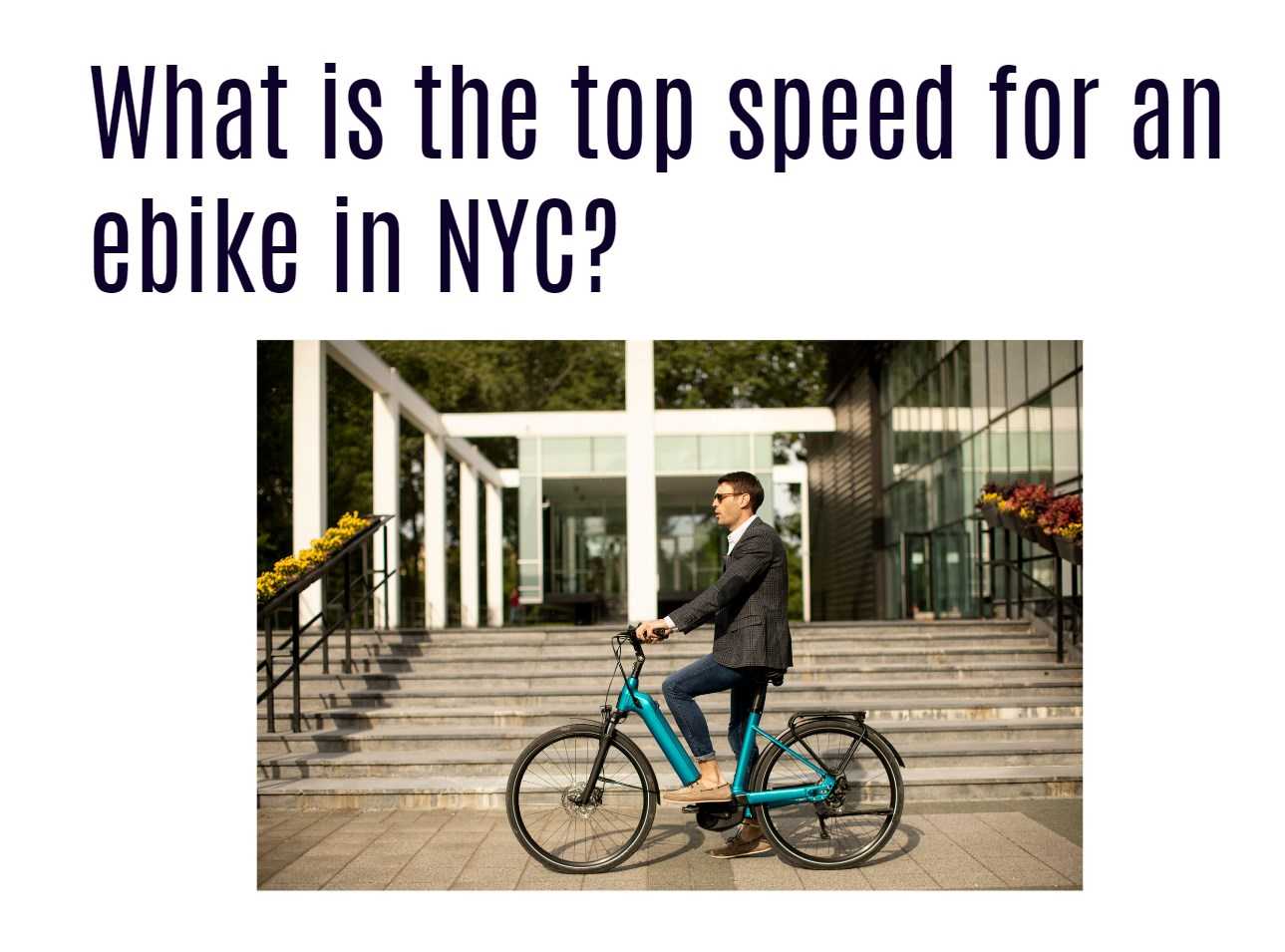In New York, the law (Bill A04389C) prohibits the manufacturing, distribution, and sale of uncertified lithium-ion batteries for electric bicycles. This legislation aims to ensure safety and quality standards for electric bicycle batteries and prevent the reselling of uncertified batteries.
- New York Legislation: The law (Bill A04389C) in New York prohibits the manufacturing, distribution, and sale of uncertified lithium-ion batteries for electric bicycles.
- Safety and Quality Standards: The legislation aims to ensure safety and quality standards for electric bicycle batteries to protect consumers.
- Preventing Reselling: The law specifically prohibits the reselling of uncertified batteries to ensure that only certified and safe batteries are used in electric bicycles.
By implementing this law, New York aims to promote the use of certified and safe electric bicycle batteries, enhancing the overall safety and reliability of electric bicycle usage.
What is the NYC lithium battery legislation?
The NYC lithium battery legislation strengthens fire safety and regulates the sale of lithium-ion batteries. It prohibits the sale of uncertified batteries and mandates the storage of lithium-ion batteries in fire-resistant containers in public establishments, ensuring safer handling and minimizing the risk of incidents.
- Prohibition of Uncertified Batteries: The legislation prohibits the sale of uncertified lithium-ion batteries to ensure quality and safety standards.
- Storage Requirements: Public establishments are required to store lithium-ion batteries in fire-resistant containers, reducing the risk of battery-related incidents.
- Enhancing Fire Safety: The lithium battery legislation aims to enhance fire safety measures and promote responsible handling of lithium-ion batteries.
By enacting these regulations, New York City aims to protect public safety and create a safer environment for the use and sale of lithium-ion batteries.
Why are e-bikes banned in New York state?
E-bikes were previously banned in New York City due to safety concerns and conflicts with existing regulations. However, new legislation has been introduced to legalize certain classes of e-bikes, allowing them to be used on city streets.
- Previous Ban: E-bikes were banned in New York City due to safety concerns and conflicts with existing regulations.
- Addressing Safety: The ban aimed to address issues like speeding and reckless riding to ensure the safety of riders and pedestrians.
- New Legislation: Recent changes in legislation have allowed certain classes of e-bikes to be used on city streets, reflecting efforts to accommodate their growing popularity while ensuring safety.
By striking a balance between regulation and accessibility, New York aims to foster a safer and more inclusive environment for e-bike riders and other road users.
What is the NYC Council legislation for e-bikes?
The NYC Council has passed legislation requiring businesses that sell e-bikes and e-scooters to post safety information about lithium-ion battery storage. This measure promotes safety awareness and responsible handling of e-bike batteries.
- Safety Requirements: The NYC Council legislation mandates that businesses selling e-bikes and e-scooters must post safety information about lithium-ion battery storage.
- Promoting Safety Awareness: The legislation aims to raise awareness about safe practices and responsible handling of e-bike batteries.
- Responsible Usage: By implementing these requirements, the NYC Council aims to ensure the proper handling and storage of e-bike batteries, enhancing safety for riders and the general public.
Through this legislation, the NYC Council seeks to create a safer environment for e-bike users and promote responsible practices in the usage and storage of e-bike batteries.
What are the new ebike laws in NYC?
The NYC Council legislation (Int 0663-2022) requires electric bicycles sold in the city to be certified to UL 2849. The law also mandates certification for electric scooters and lithium-ion batteries for mobility devices, promoting safety and quality standards.
- Certification Requirement: The legislation (Int 0663-2022) mandates that electric bicycles sold in NYC must be certified to UL 2849, ensuring compliance with safety standards.
- Extended Certification: The law also requires certification for electric scooters and lithium-ion batteries for mobility devices, promoting safety and quality across related products.
By implementing these certification requirements, New York City aims to enhance safety and consumer confidence in the use and sale of e-bikes, electric scooters, and related products.
Are lithium-ion batteries illegal in NYC?
Uncertified lithium-ion batteries are illegal in New York City. They have not undergone rigorous testing to meet national safety standards. The regulations aim to ensure the safety of residents and prevent hazards associated with uncertified batteries.
- Illegal Status: Uncertified lithium-ion batteries are considered illegal in New York City due to safety concerns.
- Lack of Safety Testing: These batteries have not undergone rigorous testing to meet national safety standards.
- Safety and Hazard Prevention: The regulations aim to prioritize the safety of residents and prevent potential hazards associated with uncertified lithium-ion batteries.
By implementing these regulations, New York City strives to ensure the safety and well-being of its residents by prohibiting the use of uncertified lithium-ion batteries.
Does New York have battery laws?
There is no criminal battery law in New York. Under New York penal law, the definition of assault is intentionally striking another person and causing injury. Assault and battery are two different torts that can be addressed in civil cases.
- No Criminal Battery Law: New York does not have a specific criminal law for battery, but rather focuses on assault as defined in the penal law.
- Assault Definition: Under New York penal law, assault involves intentionally striking someone and causing injury.
- Separate Civil Torts: Assault and battery can be separate torts in civil cases, allowing for legal recourse in cases of physical violence.
While New York does not have a specific criminal battery law, the legal system addresses physical violence through assault charges and provides avenues for civil litigation in cases of assault and battery.
How do you dispose of lithium batteries in NY?
To dispose of lithium batteries in New York, you can participate in voluntary collection programs like Call2Recycle.org/e-bikes, bring them to stores that sell rechargeable batteries, or drop them off at special waste disposal sites. These options ensure proper recycling and safe disposal of lithium-ion batteries.”
- Voluntary Collection Programs: Participate in programs like Call2Recycle.org/e-bikes to safely dispose of lithium batteries.
- Store Drop-Off: Bring the batteries to stores that sell rechargeable batteries for proper recycling.
- Special Waste Disposal: Utilize special waste disposal sites to ensure the safe handling and recycling of lithium-ion batteries.
By following these disposal methods, individuals in New York can contribute to environmental sustainability and prevent the improper disposal of lithium batteries.
Are class 3 eBikes legal in NY?
In New York, e-bikes are generally legal, but with specific regulations. Class 3 e-bikes, with a maximum assisted speed of 28 mph, are allowed only in New York City. However, the maximum assisted speed permitted in NYC is 25 mph on any e-bike.
- General Legality: E-bikes are generally legal in New York, but with specific regulations to ensure safety and consistency.
- Class 3 E-Bikes: These e-bikes, with a maximum assisted speed of 28 mph, are allowed only in New York City.
- Maximum Assisted Speed: In NYC, the maximum assisted speed permitted on any e-bike is 25 mph, regardless of class.
By implementing these regulations, New York aims to strike a balance between promoting e-bike usage and ensuring safety on the roads.
What is the top speed for an ebike in NYC?
In New York City, Class 3 e-bikes typically have a top speed of 20 mph, while Class 1 e-bikes can reach a maximum speed of 25 mph. These speed limits are in place to ensure safety and compliance with regulations.
- Class 3 E-Bikes: In NYC, Class 3 e-bikes generally have a top speed of 20 mph, ensuring safety and compliance with regulations.
- Class 1 E-Bikes: Class 1 e-bikes can reach a maximum speed of 25 mph, allowing for slightly faster travel within the city.
- Safety and Compliance: These speed limits are in place to promote safety and ensure that e-bikes operate within the legal requirements of New York City.
By adhering to the established speed limits, e-bike riders in NYC can enjoy their rides while prioritizing safety and compliance with regulations.
Can you ride an electric bike on the sidewalk in New York?
You usually cannot ride an e-bike on the sidewalk in New York City. This should not come as a surprise since people cannot ride most bicycles, electrically powered or not, on the sidewalks. Instead, e-bikes of any class are permitted in bike lanes and any normal traffic lanes with speed limits of no more than 30 mph.
- Sidewalk Riding: Generally, it is not allowed to ride an electric bike on the sidewalk in New York City.
- Bike Lane and Traffic Lanes: E-bikes of any class are permitted in bike lanes and normal traffic lanes with speed limits of no more than 30 mph.
- Consistency with Bicycle Rules: The regulation aligns with the general rule that bicycles, electric or not, are not allowed on sidewalks.
By following these regulations, riders can ensure the safety of pedestrians and maintain consistency with bicycle rules in New York City.






